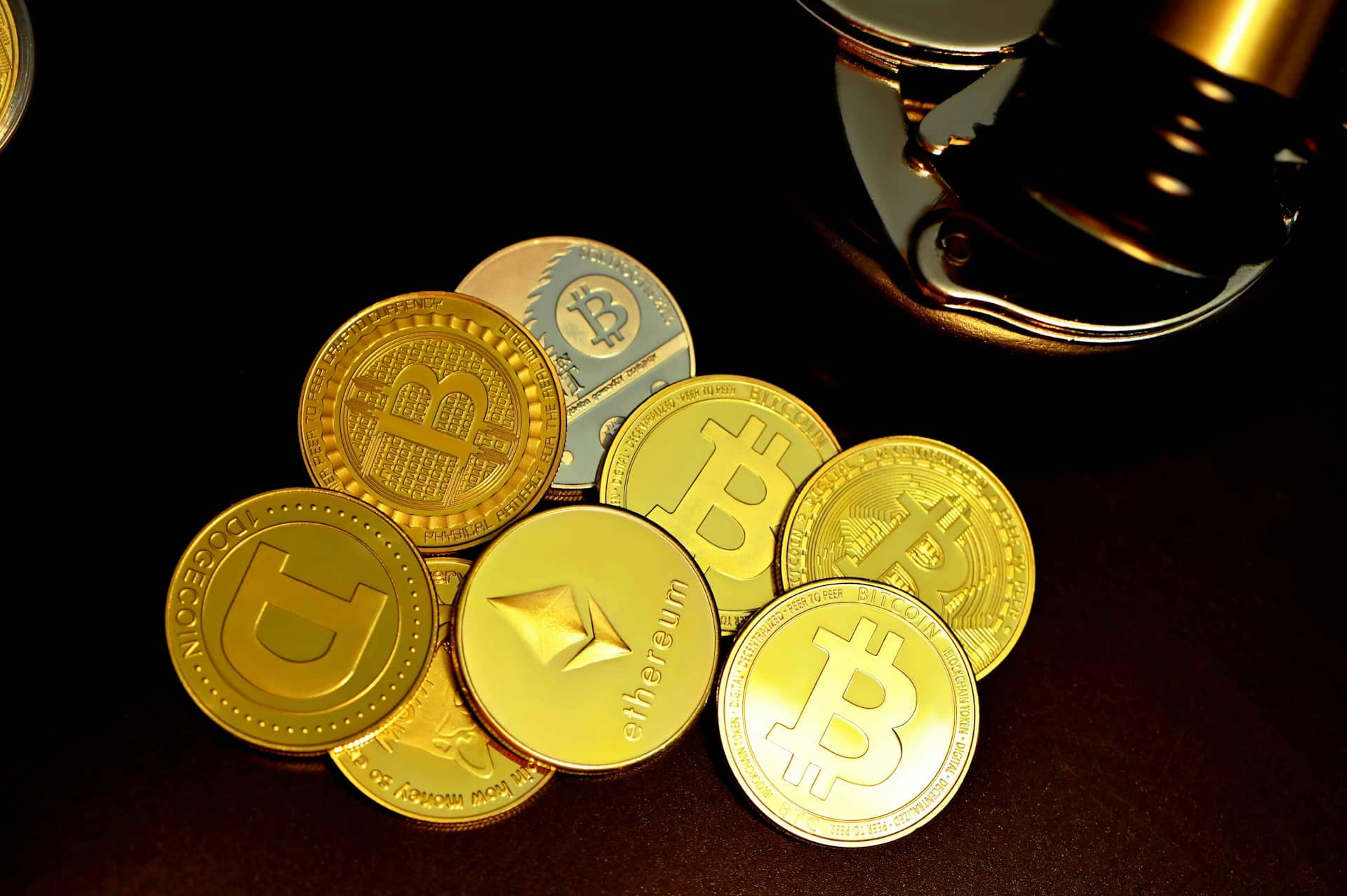Introduction
Decentralized finance (DeFi) has emerged as a revolutionary force in the financial industry, offering users the ability to access financial services without the need for traditional intermediaries like banks. This burgeoning sector has witnessed exponential growth, attracting billions of dollars in investments and capturing the imagination of both investors and innovators worldwide. However, as DeFi continues to expand, regulatory oversight has become a pressing concern. In this article, we delve into the complex intersection of decentralized finance and regulation, exploring the challenges, opportunities, and implications of navigating the legal landscape in the DeFi space, including Immediate Gains Pro.
Understanding DeFi Regulation
Traditional financial regulations were designed to govern centralized institutions like banks and brokerages, posing unique challenges when applied to decentralized networks and protocols. While some aspects of existing regulations may be relevant to DeFi, such as anti-money laundering (AML) and know-your-customer (KYC) requirements, many facets of decentralized finance fall outside the scope of traditional regulatory frameworks. This regulatory ambiguity has led to uncertainty among market participants and regulators alike, necessitating a nuanced approach to DeFi regulation.

DeFi and Anti-Money Laundering (AML)
One of the primary concerns surrounding DeFi is its susceptibility to money laundering and other illicit activities. Unlike traditional financial institutions, decentralized protocols operate without centralized oversight, making it challenging to implement AML controls effectively. However, recent advancements in blockchain technology, such as decentralized identifiers (DIDs) and decentralized finance identifiers (DFIDs), offer promising solutions for enhancing AML compliance in DeFi. By leveraging these tools, DeFi platforms can establish robust identity verification mechanisms while preserving user privacy and decentralization.
Smart Contracts and Legal Enforceability
Smart contracts form the foundation of many DeFi applications, facilitating automated transactions and agreements without the need for intermediaries. However, the legal enforceability of smart contracts remains a subject of debate, with different jurisdictions adopting varying approaches to their recognition and validity. While some countries have embraced smart contracts as legally binding instruments, others require additional legal frameworks to enforce contractual obligations. Nonetheless, smart contracts hold immense potential for streamlining financial transactions and reducing reliance on traditional legal processes.
Privacy and Data Protection
Privacy concerns have become increasingly prevalent in the DeFi space, as users seek to safeguard their personal and financial information from unauthorized access and exploitation. While blockchain technology offers inherent transparency and immutability, it also raises questions about data privacy and protection. DeFi platforms must balance the benefits of transparency with the need for user confidentiality, implementing robust privacy-enhancing techniques without compromising decentralization. From zero-knowledge proofs to multi-party computation, various cryptographic methods can enhance privacy in decentralized finance while ensuring regulatory compliance.
Cross-Border Transactions and Jurisdictional Challenges
DeFi’s borderless nature presents unique challenges in terms of regulatory compliance and jurisdictional oversight. Unlike traditional financial systems, which operate within clearly defined legal boundaries, decentralized protocols transcend geopolitical borders, raising questions about which regulatory frameworks apply to cross-border transactions. Moreover, conflicting regulations across jurisdictions further complicate matters, creating legal uncertainties for DeFi users and developers alike. To address these challenges, industry stakeholders must collaborate with regulators to develop interoperable standards and frameworks for cross-border DeFi transactions.
Future of DeFi Regulation
As DeFi continues to evolve, regulatory scrutiny is likely to intensify, prompting policymakers to develop comprehensive frameworks for overseeing decentralized finance activities. While regulatory intervention may introduce compliance burdens and operational challenges for DeFi platforms, it also offers an opportunity to legitimize the sector and foster mainstream adoption. By engaging in constructive dialogue with regulators and proactively addressing compliance concerns, DeFi projects can navigate the evolving regulatory landscape and contribute to the long-term sustainability of the decentralized finance ecosystem.
Conclusion
Decentralized finance represents a paradigm shift in the way financial services are accessed and delivered, offering unprecedented opportunities for innovation and inclusion. However, the regulatory challenges facing the DeFi space underscore the need for a collaborative and proactive approach to navigating the legal landscape. By embracing regulatory compliance as a cornerstone of their operations, DeFi platforms can build trust with users, investors, and regulators alike, paving the way for a more resilient and sustainable decentralized financial ecosystem. As the industry continues to mature, all stakeholders must work together to foster responsible innovation and ensure the continued growth and success of decentralized finance.